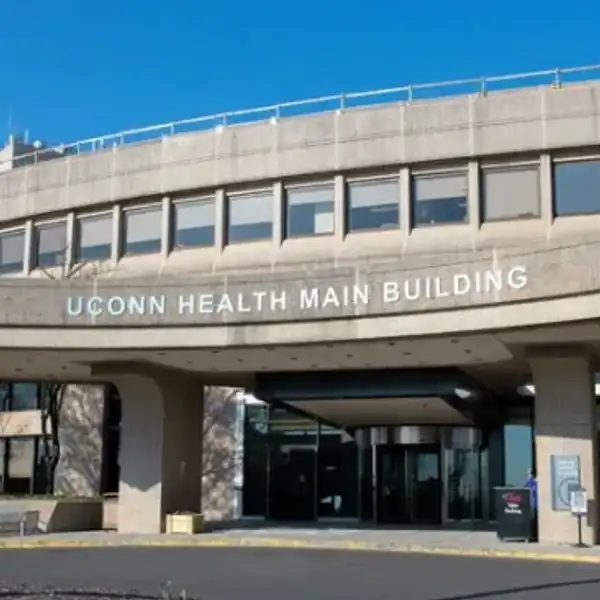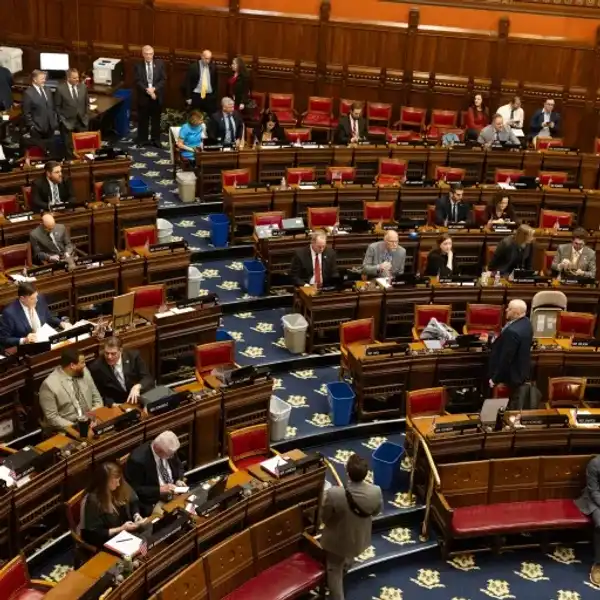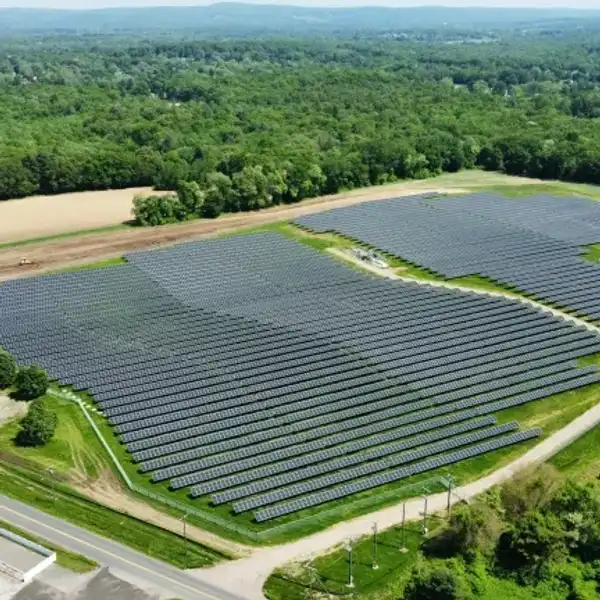There’s a bill in the legislature now that contains sections that would be a small but important step to improve public health and to protect a livable climate. The bill, SBÍ1145, provides money incentives to businesses that sell battery or electric-powered small off-road equipment like lawn mowers and leaf blowers.
It would help us move away from the smelly, noisy gasoline-powered equipment that produce greenhouse gases that are ruining the climate. Under SB1145 retailers would provide rebates up to $100 for the electric equipment and the state would pay back the store owner.
Gas-powered equipment gives off exhausts dangerous to anyone who uses them, but especially to the lawn care workers who work with the tools for many hours daily. The very common two-cycled engines are the worst. A large part of their fuel is not even burned. Instead, it gets aerosolized. The stink is unpleasant, but more important is toxic chemicals and microscopic particles that are released as they operate. Tiny particles seem insignificant, but in fact they can go deep into the lung and can cause lung cancer, heart disease, strokes, asthma, and other respiratory ailments.
The noise from gas-powered machines ranges from irritating to hazardous. I walked around workers doing lawn care with a sound level meter. The worst reading was 95.5 decibels when I was directly near a leaf blower. That’s comparable to the sound of a motorcycle! Even when it’s not causing direct harm the engine noise can disturb babies and others who sleep during daylight hours, those who study and the increasing number of people who work from their homes.
Quiet and fresh air shouldn’t be considered luxuries! Some areas in the U.S. have taken steps in this regard. Gas-powered leaf blowers are banned in Washington D.C. and all gas-powered equipment will be prohibited from sale in California next year on January 1.
And then there are the climate effects. Gas-powered machines give off global warming gases like carbon dioxide, nitrous oxides and carbon monoxide. In Connecticut in 2020 we burned 40 million gallons of gas just for lawn-care. On March 20 the UN’s climate scientists issued another grave report on global warming caused by the burning of fossil fuels. It was summed up with this sentence by António Guterres, Secretary-General of the United Nations. He said, “The climate time-bomb is ticking.” It’s actually worse. With normal bombs you can rebuild, but climate scientists talk about “tipping points,” points of no return for the climate.
There’s a precedent for a small-engine rebate program. Back in 2011 our state government spent $550,000 on the “Connecticut Lawn Equipment Exchange Fund.” To make a dent in air pollution the program exchanged old, high-polluting lawn and grounds maintenance equipment for new, lower-polluting machines. It was still gas-powered, but it had an effect.
Besides passing SB1145 there’s another action that Connecticut’s government should take regarding the small off-road [gas] engines (SOREs). Gov. Ned Lamont should ban their use on land directly owned by the state. Think of all the land in parks, forests, next to state buildings, state colleges and on highways. Stop using SOREs on that land. Go electric, grow bee-friendly plants or even rewild. Encourage city and town governments to do the same with the land they own.
We’re in a climate emergency and we need a crash program to electrify. Let’s move away from nasty deafening SOREs… fast.
Stanley Heller is Administrator of Promoting Enduring Peace, a peace and environmental organization founded in 1952.
The Journal occasionally will offer articles from CTMirror.org, a source of nonprofit journalism and a partner with The Lakeville Journal.


















They’re smelly, noisy and dangerous. Let’s move away from gas-powered equipment